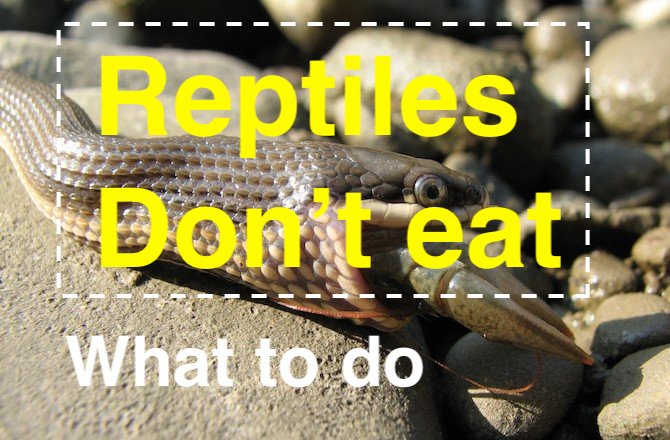Your first reptiles won’t eat? When you first get your favorite pet reptile, one of the activities that you must be looking forward to is feeding it.
When it fails to eat, you must have so much gone through your head as to the reasons. Many different reptile species exist, and their reasons for not eating are also numerous.
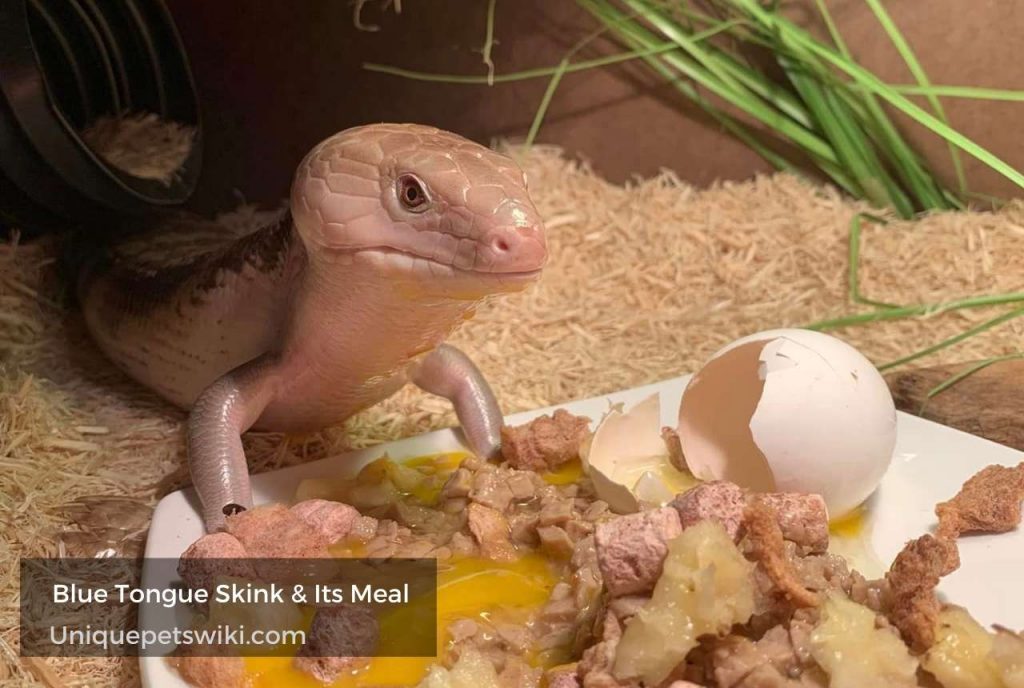
When your favorite pet lizard, skink, newt, or snake, fails to eat, you should find out the reasons. It could result from a change in the pet’s environment or a health-related issue. It is an issue referred to as anorexia in reptiles. Nonetheless, do not worry, as we have conducted some in-depth research on your behalf.
A reptile’s loss of appetite could be a natural part of your pet’s behavior. It could also be an issue that can be solved with minor adjustments to the environment or diet. Otherwise, you may need to visit your veterinary if it persists. We have listed some reasons why your pet reptile may not eat. And recommended some actions for you to take.
Contents
3 Reasons That Cause Your Reptiles Won’t Eat
As our discussions with Vets and experienced reptile owners will show, there are a variety of reasons why a reptile may not be interested in eating. There are three main groups of reasons that will stop your reptiles from wanting to eat. There are natural causes, environmental change, and temperature.
The best thing you can do is to try and work out what the problem is and then look for a way to solve it.
Natural Causes That Reduce a Reptile’s Appetite
If you consider snakes, their life cycle causes them to lose appetite from time to time. In case your snake fails to eat due to these fundamental reasons, you do not have to take any action.
Remember that you cannot compare your pet reptile’s eating habits to those of your mammal pets, like dogs and cats. Nonetheless, monitoring the snake or lizard will allow you to know whether it is a natural loss of appetite or an illness.
Shedding
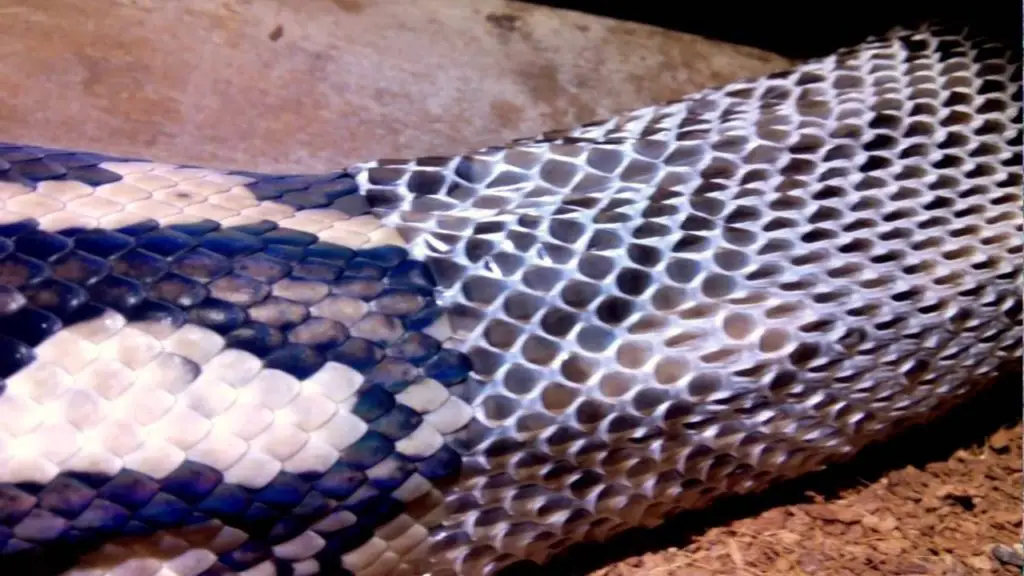
When your snake is molting or about to shed its skin, it tends to lose its appetite. It is the most common cause of appetite loss in pet snakes.
Your reptile pets can get pre-molt anorexia, and the snake’s skin becomes pale, and the eyes turn milky and blue. It may experience that your reptiles won’t eat for a week before and after shedding.
Seasonal Change
Other natural reasons may cause your reptile to lose appetite. As seasons change, your snake’s appetite may also vary. During the cold season, your reptile may hibernate. The hibernation period is characterized by low energy levels and a lack of appetite.
Reptile’s Age
The age of your pet may also affect its eating habits. When your pet reptile is young, it requires more energy for growth. As such, it eats numerous times a day or week, while the older ones eat less often, depending on the species.
Read more: do snake die of old age?
Environmental Reasons That Cause Appetite Loss in Reptiles
If you’ve recently moved your reptile to a new house or enclosure, then it’s not surprising that they’re not interested in eating. It can take some time for reptiles to adjust to their new surroundings and feel comfortable enough to eat.
Once they’ve had a chance to explore their new home and get used to it, their appetite should return to normal.
If you’re worried that your reptile isn’t eating enough, you can try offering them smaller meals more often. This will help them adjust to their new home and may make them more interested in food.
Substrate Type
Reptiles can react negatively to their environment. These are issues that you can alter with ease. The substrate in the cage is important to your reptile’s comfort. If you do not use the appropriate substrate or bedding, your pet may react through lost appetite. In the case of snakes, wood shaving, including cider, can result in skin rot and may lead to parasites. You need an appropriate substrate for your pet’s species.
Day and Night Cycle
Day and night cycles are critical in some reptiles. They react to how the period occurs for them to thrive in captivity. Whether nocturnal or diurnal, you need to give your pet enough daylight and a nighttime cycle. Once your pet gets the right sequence, its feeding will resume.
Type of Food
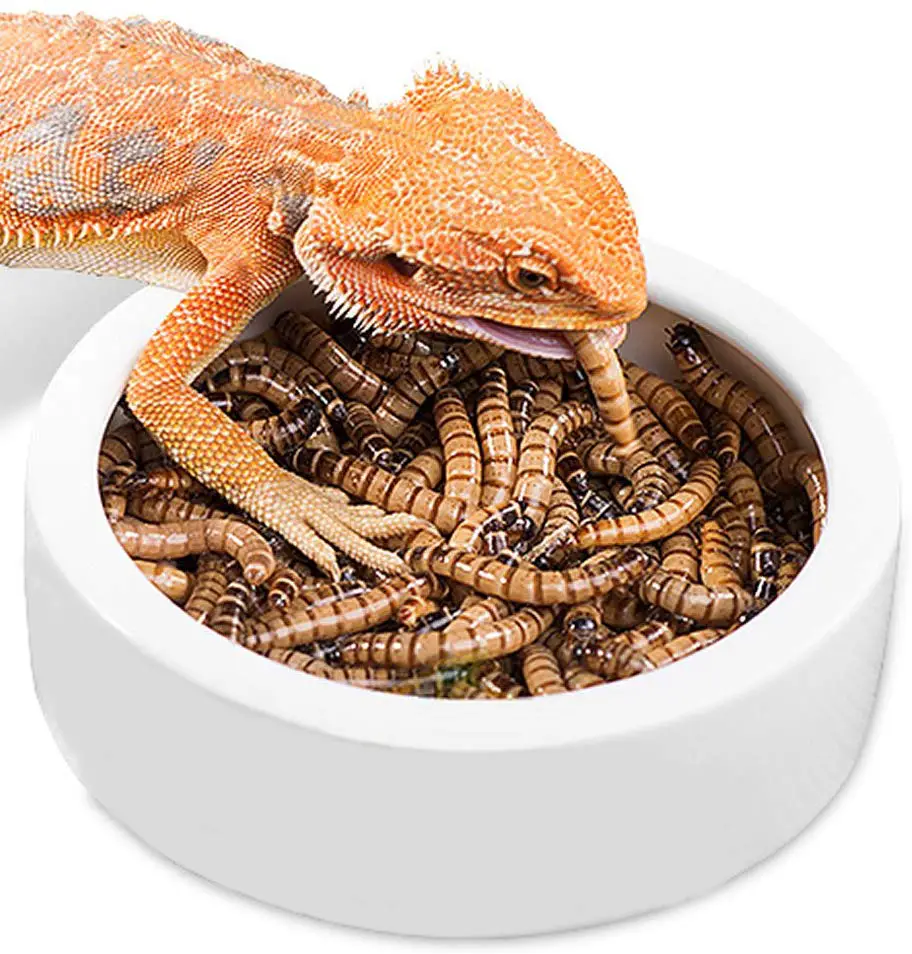
The type of food you give your snake is vital to identify. While all snakes are carnivals, you cannot feed them the same amount and type of feed. Identify the appropriate food for your pet breed and species. The same applies to lizards and other pets. If you give them the proper food, they will regain their appetite.
Lack of Privacy
Privacy is another essential aspect of a reptile’s life. All reptiles require some form of a hide area. Your pet enjoys disappearing into such hiding areas during a portion of the day. Lack of such privacy affects your pet’s appetite behavior.
Temperature Monitoring
The temperature in a reptile’s cage is an essential element. Monitoring the temperature enables you to maintain the perfect range for your reptile’s breed. If your pet is a snake, you need to avail of a warm environment for it to remain active and aid in its digestion. In case it is too cold in the enclosure, the snake may turn lethargic and could develop illnesses.
It also applies to other reptiles. Extreme temperatures are not ideal, and it is advisable to have a temperature gradient in the enclosure. Your reptile will move accordingly to the cooler or warmer zones in the cage as it needs. In case your reptile is not eating, monitor the coldest and hottest zones in the cage, as that could be the problem.
Reptile Sickness
Reptile pets may have a reduced appetite if they are sick. Some illnesses can be treated with ease.
While others require intensive care. Always monitor your pet snake to ensure that it has no physical indicators of an illness. You should also take it to a vet in case it fails to eat, and no other reason can explain the lack of appetite.
Pregnancy
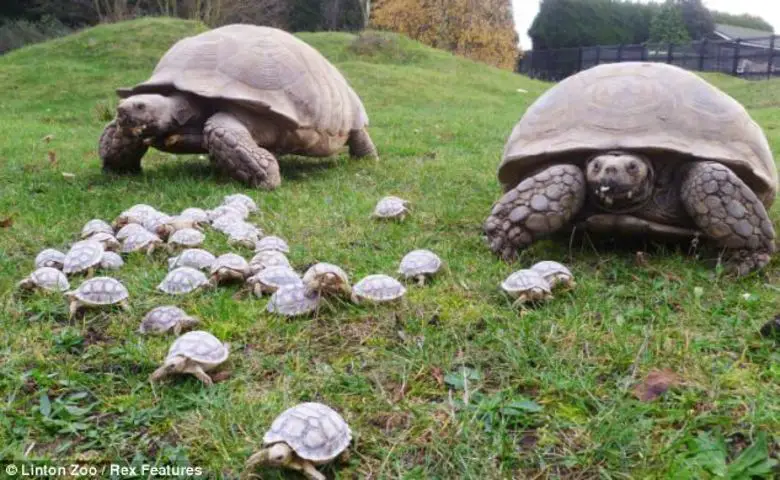
Some reptile breed gives live births while others lay eggs. During the pregnancy period, your pet may have a reduced appetite.
The same may also apply when the pet is about to lay eggs. You should monitor your reptile closely to identify such issues. It is not an issue to worry about since once they give birth or lay eggs, their appetite will resume soon.
Visit a Vet if Problem Persists
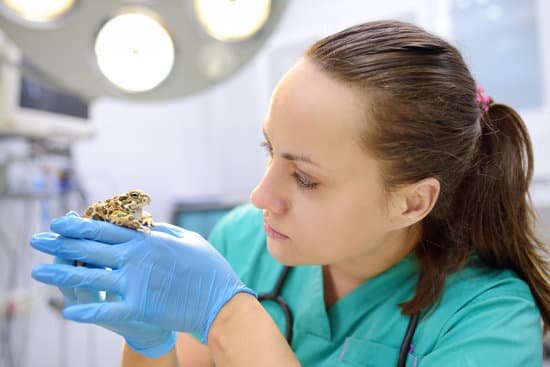
In case all the suggested changes do not work and the problem persists, you need to take your pet to a vet. It could be having a problem that may not be physically identifiable, but your vet will conduct an analysis and treat it.
Frequently Asked Questions
Q. Why is my turtle not eating?
An ideal way to find out why your pet turtle is not eating is to take it to a vet. The age of the turtle may also be the reason why it won’t eat. Very young turtles consume their yolk sacs for a few weeks after its absorption. As such, they will not eat until the cyst disappears completely.
Your turtle may also be adjusting to a new environment if you have just bought it. You should keep offering food to it, but always remove anything uneaten. If this is the reason for the failure to eat, in a few days, it will eat.
It could also be unwell. You need to maintain clean housing for your pet. Change its water at least once a week. It also requires a basking place out of the water where it can dry out.
When getting a turtle from a retailer, you should ask what they have been feeding it. You might be offering food options that it does not recognize.
Q. Can I thaw my pet’s food in a microwave?
While this can be an option in adverse situations, it is not recommended. Microwaving your pet’s food denatures some of the nutrients. It may also be too hot and burn your pet reptile. You also need to ensure that the food is completely thawed. Otherwise, frozen food is also harmful to your pets.
Thawing your pet’s food should be done either naturally or in warm water.
Q. If my pet reptile is not eating, is it sick?
When your pet does not eat, it might be sick, but it is not the only reason. When your reptile is infected, it might also be lethargic. It may keep its eyes closed. It may not eat when it is about to shed, when pregnant, during the breeding season, feeding during the wrong time, or with incorrect size and unfamiliar food. The recommended way to find out whether your pet is sick is to take it to a vet.
Q. Is there any fruit and vegetable I should not feed my bearded dragon?
While your bearded dragon can eat a wide range of fruits and vegetables, there are some to avoid. NEVER feed your bearded dragon on avocados. They are incredibly toxic to the pet. You should also NEVER feed it with eggplant, lettuce, onions, spinach, and rhubarb.
Q. Can I force my bearded dragon to feed?
It is not recommended to force your reptile pet to feed. However, under some severe conditions, it can be done to a bearded dragon. It should only be done if the pet is sick, malnourished, or when your vet instructs you to do it.
Q. Why won’t my crested gecko eat crickets?
You may find that your crested gecko does not eat crickets, but this is only common when it has not been introduced to them. Your pet lizard needs to identify crickets as food before it can eat them. You need to keep offering them, and once it starts eating them, always dust them with calcium for added nutritional value.
Q. Why is my tortoise not eating?
Your tortoise may not eat if it is stressed by what it may perceive as an unsafe environment. It may happen if you have recently relocated your home. It could also feel threatened if there are other animals nearby. Improper UV light and heat could be leading to improper digestion, hence the lack of appetite.
Your pet could also have worms that are causing digestion problems. Improper humidity in its enclosure could also cause problems with eating, depending on the species. Nonetheless, you should consider visiting a vet when such issues arise.
